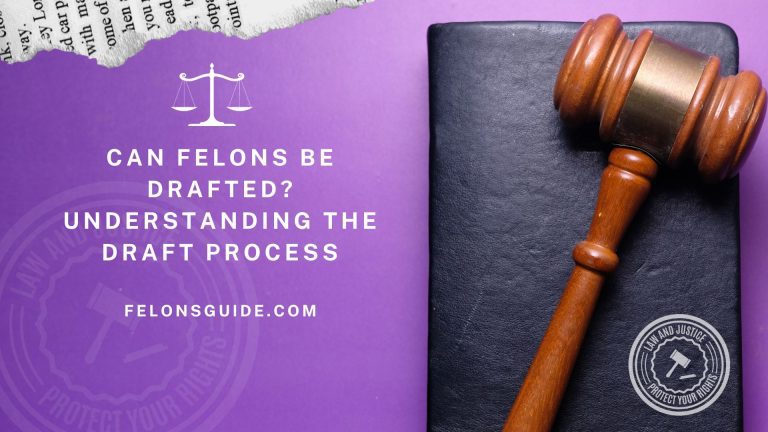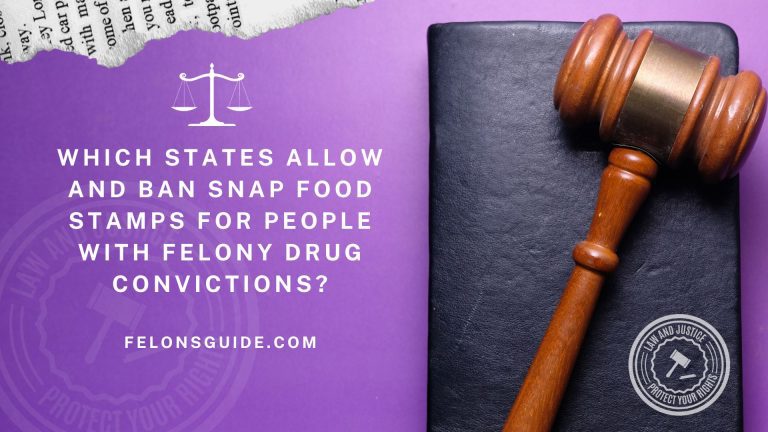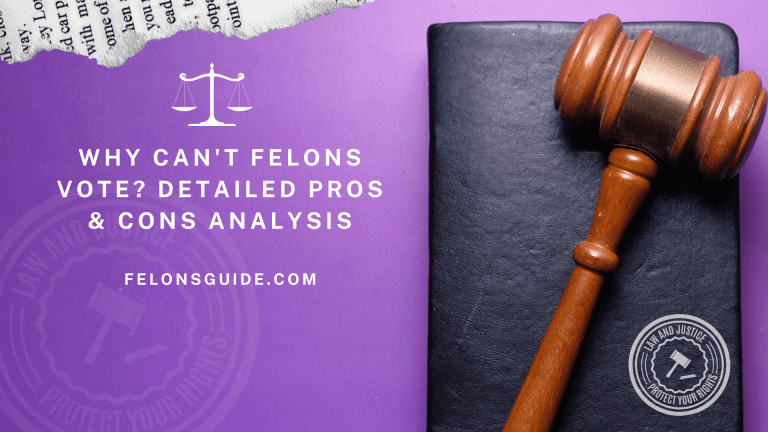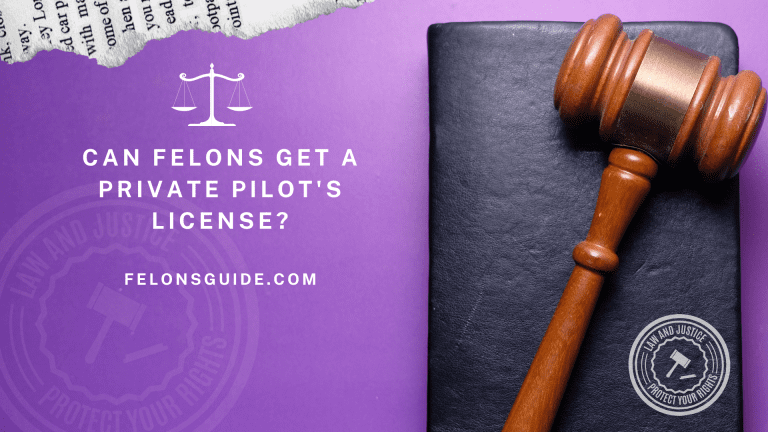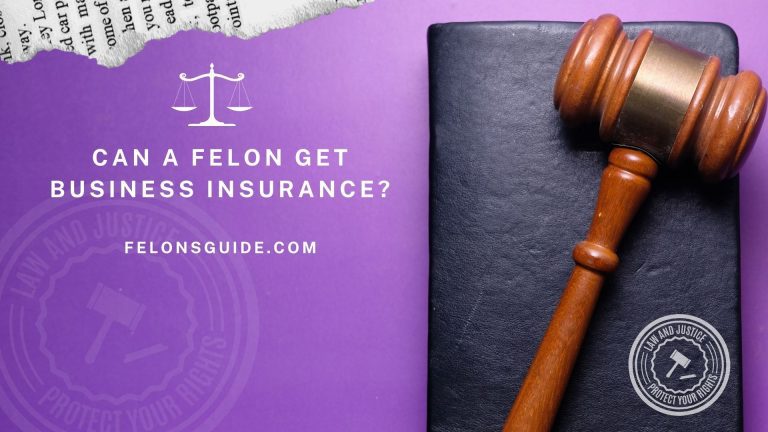How Can a Felon Defend Himself?
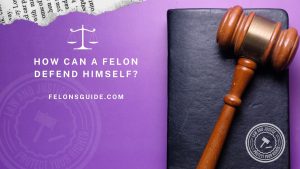
Felons seeking to defend themselves face unique challenges due to restrictions on their ability to possess firearms. However, there are legal pathways and alternative self-defense methods available that allow for protection while adhering to the law.
Also Read:
- What States Allow Felons to Get a Real Estate License?
- Which States allow and ban SNAP Food Stamps for People with Felony Drug Convictions
Legal Framework for Firearm Possession by Felons
Under both state and federal laws, individuals convicted of a felony are generally prohibited from possessing firearms. This prohibition extends to purchasing, owning, possessing, or having in custody any firearm or weapon of mass destruction. Specific cases, such as that of Donald Wilson and others, illustrate situations where the courts have recognized a felon’s right to argue self-defense, even when using a firearm, under very narrow and extraordinary circumstances.
The Necessity Defense
The “necessity defense” may provide a legal justification for a felon to arm themselves temporarily in the face of immediate danger. This defense is stringent, requiring the threat to be imminent, no other adequate means to avoid the harm and a direct causal relationship between arming oneself and avoiding the harm. If a felon arms themselves preemptively or retains the weapon beyond the immediate threat, this defense likely will not apply.
Alternatives to Firearms for Self-Defense
For felons, several non-firearm alternatives for self-defense are legally accessible and can offer protection in many scenarios:
- Knives: The legality of carrying knives varies by state, with certain restrictions on the length and type of knife that can be carried. In some jurisdictions, felons are allowed to carry knives as long as they are not concealed, though this is subject to specific state laws.
- Crossbows and Bows: These are generally not classified as firearms and, in most cases, can be legally owned and used by felons for hunting or self-defense, subject to state laws.
- Air Guns and Pellet Guns: While not considered firearms under federal law, the legality of these weapons for felons can depend on the state and the specific circumstances of their use.
- Non-lethal Weapons: Felons may carry certain non-lethal weapons for self-defense, such as pepper spray, stun guns/tasers, batons, and tactical pens, depending on the laws of their state.
Considerations and Limitations
Felons need to understand the specific laws and regulations in their state regarding self-defense and the possession of weapons. Engaging in self-defense training and familiarizing oneself with non-lethal defense options can enhance personal safety without violating legal restrictions.
In conclusion, while felons face limitations on their ability to use firearms for self-defense, there are legal avenues and alternative methods available for protection. Understanding and navigating these options requires careful attention to the law and, often, legal advice from a qualified attorney.
